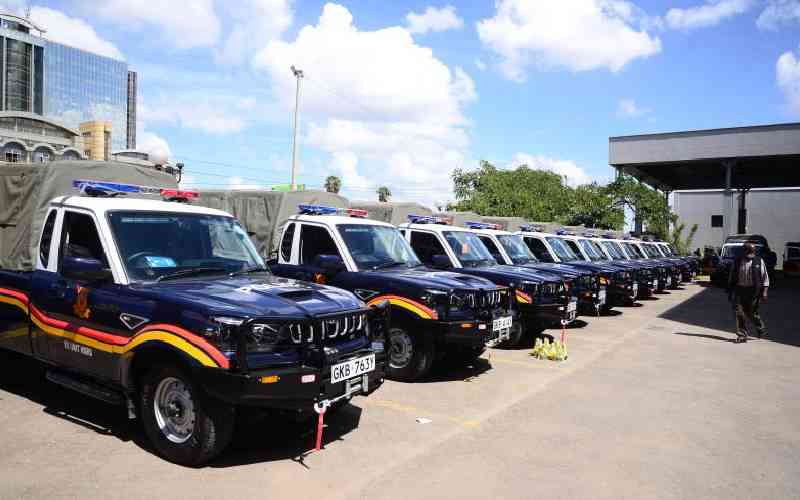×
The Standard e-Paper
Kenya's Bold Newspaper

The government has been forced to go back to the drawing board over its latest vehicle leasing plan.
This is after one of the bidders protested that it was unfairly locked out of leasing vehicles in some of the categories that had been open for bidding despite having been the lowest bidder.